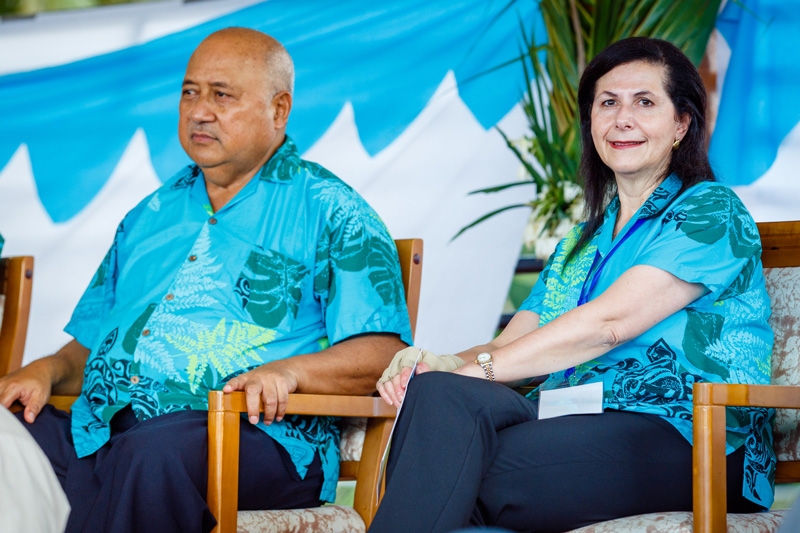THE inclusion of New Caledonia and French Polynesia in the Pacific Islands Forum raises some interesting questions for regional relationships and independence. These French territories have autonomous legislative assemblies but they are, by right, parts of France. Their budgets, administration, policies and laws are directed and influenced by Paris.
It is not unreasonable to suggest that by opening the door to these French territories, Pacific leaders have opened the door to another Metropolitan power. France joins Australia and New Zealand firmly at the Pacific table with the ability to influence decisions which affect the region’s people, nations and their future.
In 1975 the South Pacific Forum was a closed club. Australia and New Zealand only joined discussions after Pacific leaders held initial, private consultations. The great Fijian statesman, Ratu Sir Kamisese Mara, noted in his biography that then New Zealand Prime Minister, Robert Muldoon, became the first outsider at Pacific ministers’ talks. Muldoon was able to convince his Samoan counterpart that New Zealand should be part of ministerial discussions as members of the Pacific community. Some suggest that the need for aid forced the Pacific to acquiesce to the demands over greater involvement – see also oversight or control – in the workings of the forum.
The South Pacific Forum was established in 1971 to provide a setting for heads of government to discuss common issues and problems facing newly independent and self-governing states.
…..to read more buy your personal copy at


One Comment “We say”
Comments are closed.